Hold on to a lamppost with both hands and take an impossible horizontal mime artist position while a damned wind tries to take you to a gigantic bonfire that swallows all of the oxygen hundreds of meters around. The same oxygen that thousands of people will lack of, who will die suffocated while sheltering in the basements of the city. To complete the picture, let your face express the horror that produces being outright devoured, as an advertising paper thrown on the ground and caught by this incredible mountain fire, so intense it could be cut with a saw. Many witnessed this scene the night of February 1945 in the city of Dresden, when it was all turned into a foundry of human beings because of the bombing of the Allies.
And this is the same square I crossed one morning. time ago, to go to my first rehearsal of “Retablo de Maese Pedro” by Falla, although this day the cobalt blue sky seemed to be settled by a car manufacturer, without the scrawl of any cloud in a sky so splendid that you feel like you are not believing what you are seeing.
Nowadays, in Dresden Altmarktes Square you can see many tourists, children, patisseries, curvy ladies with vintage dressed selling tickets to a concert, cafes that sell apflestrudels made by an endless number of clandestine grandmothers, a hot dog stand and, above all a dry and harsh cold that everyone knows out of place but it is the same as ever.
On the other side of the square, the Kultur Palast, the rehearsal venue on the Dresdner Philharmonie and the conductor Frühbeck of Burgos with whom I have this first trial. And in that ride I am tying up loose ends and tightening the nuts of the Retable, adjusting the pilot whales, wondering if I will have left something in the studio, if any note is willing to fool me by hiding and appearing later on in the middle of my rehearsal looking at me with a “didn’t you see me before?” face.
I am checking against the rhythms in my memory, the ritardandos, the pesante, the breve puntillo until I reach an agreement with myself that I have studied the piece and that Master Frühbeck will find everything in place. However, this does not keep my stomach from tingling, something that has nothing to do with my breakfast.
Frühbeck comes in with the energy of a Manhattan executive. Besides me, my colleagues and excellent singers Gustavo Pena and Rachel Lojendio and, as if they were doing a magic trick with the baton, all notes start to sound one after the other, all in the correct place, in the right measure, without stomping into each other with the elegance of a neoclassical museum. When I’m about to start to sing, I can see it’s going to be like those waves on the beach of Zarautz that take me to the shore on my lucky days, and this is the way we all finish the piece, where the composers set two lines that look like the train railways. And The Master, with a voice that could cut the air, tells me the typical “You have done a great job” that sounds to me like a war medal.
I go back to the hotel. Although it is the same square, this time seems more suggesting, as if the fire had never broken a plate and I think of Don Quixote, the character I play in the Retablo, and I feel relief that his novel has not run into the perplexing human flags that, for sure, would have brought them more madness to his madness.
Since then, there are many crosswise squares until you reach the Retablo that those days I was singing again in Zaragoza with the Enigma Orquestra, created by gourmet musicians, top-notch musicians with whom you could jump of the Niagara Falls and end up without any splash after. They are directed by Juan Jose Olivares that goes into the same Christmas gift box and with whom I have shared Vienna as a study city although at various times. He is the author of the orquestra and the responsible of its exceptional quality. A couple of years ago I had the chance to sing under his leadership “Llanto por la muerte de Ignacio Sanchez Mejías” by Maurice Ohana that, despite the title, it gave us much joy. And, already then, I brought imported home part of the extraordinary talent of Master Olives.
Except for the wind, which seems the same, there are not many common places between Dresden and Zaragoza, beyond the fact that in both cities, two great Spanish masters raise their baton and that in both of them, Alonso Quijano has kindly agreed to make use of my voice to talk to the world.
Other concets of “El Retablo de Maese Pedro”
Presentation of Falla’s Album”Master Peter’s Puppet Show”. May 16, 2019
Angel Gil-Ordóñez, Conductor
Alfredo García, Baritone
Esperanza Fernández, cantaora
Sato Moughalian, Perspectives Ensemble
And the special participation of
Antonio Muñoz Molina, Writer
Benet Casablancas, Composser
Julio Alexis Muñoz, Pianist
“Master Peter’s Puppet Show” by Falla. New York. August, 25, 26, 2018
New York, August 25, 26, 2018
Doctorow Center for the Arts
Recording CD for Naxos
Alfredo García, Don Quijote, baritone
Jennifer Zetlan, Trujamán, soprano
PERSPECTIVES ENSEMBLE
Ángel Gil-Ordoñez, conductor
“El Retablo de Maese Pedro” by Falla. Madrid. ONE. Juni 2 and 3, 2017
Alfredo García, Don Quijote, baritone
José Manuel Sánchez, Maese Pedro, tenor
Elena de la Merced, Trujamán, soprano
ORQUESTA NACIONAL DE ESPAÑA
Auditorio Nacional de Música de Madrid
Juanjo Mena, conductor
El Retablo de Maese Pedro by Manuel de Falla. Zaragoza
Alfredo García, Don Quijote (baritone)
Sara Almazán, Trujamán (mezzo-soprano)
Antoni Comas, Maese Pedro (tenor)
Orquesta Ocaz Enigma
Juan José Olives, conductor
Los Titiriteros de Binéfar
El Retablo de Maese Pedro by Manuel de Falla. Valencia
Alfredo García, Don Quijote (baritone)
Agustín Prunell-Friend, Maese Pedro (tenor)
Elena de la Merced, Trujamán (soprano)
Orquesta de Valencia
Antoni Ros Marbà conductor
El Retablo de Maese Pedro by Falla. Zaragoza
Alfredo García, Don Quijote, baritone
Sara Almazán, Trujamán, mezzo-soprano
Antoni Comas, Maese Pedro, tenor
ORQUESTA ENIGMA
Los Titiriteros de Binéfar
Juan José Olives, conductor
“El Retablo de Maese Pedro” by Falla. Dresde
Alfredo García, Don Quijote, baritone
Raquel Lojendio, Trujamán, soprano
Gustavo Peña, Maese Pedro,tenor
DRESDNER PHILHARMONIE
Rafael Frühbeck de Burgos, conductor
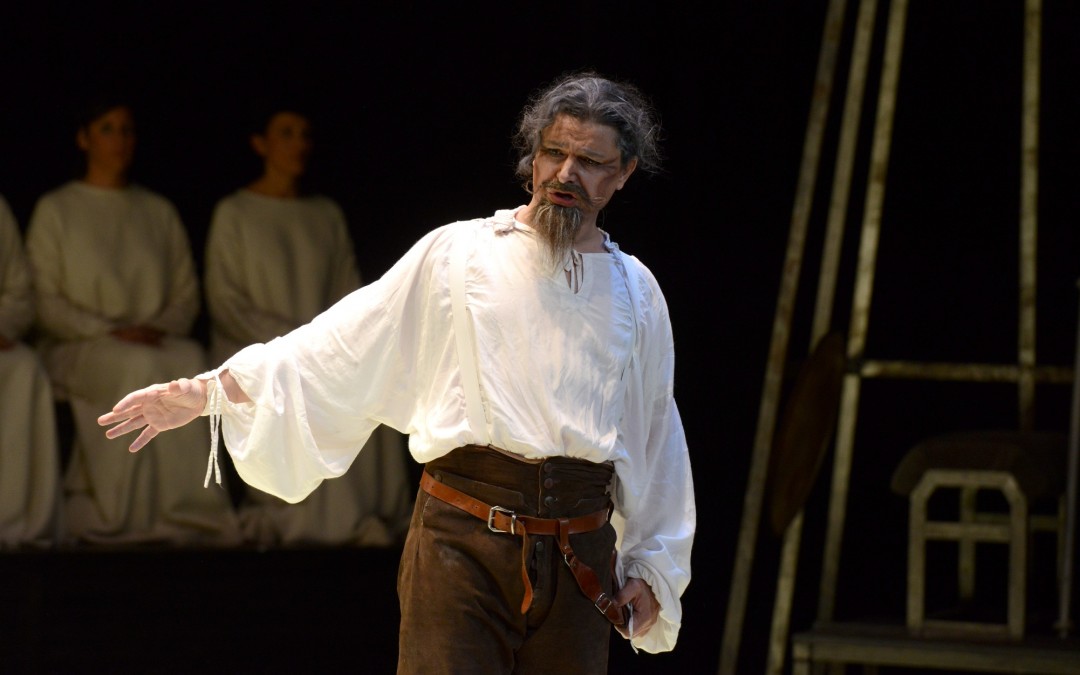
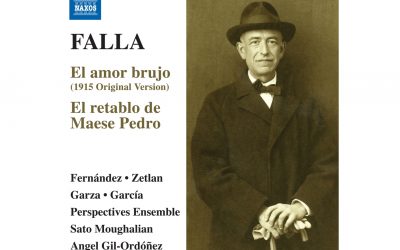
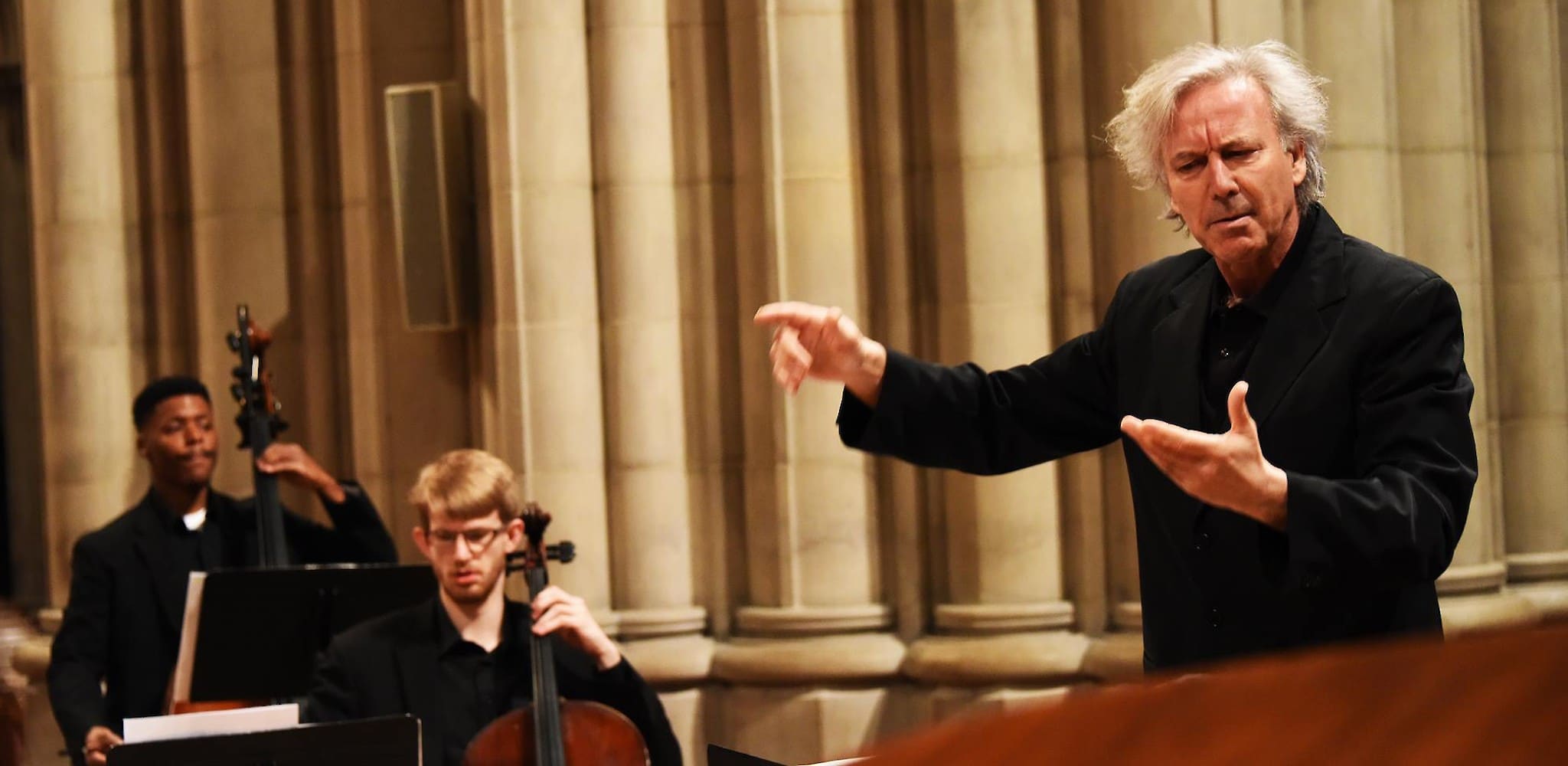
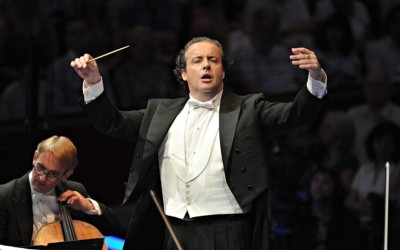
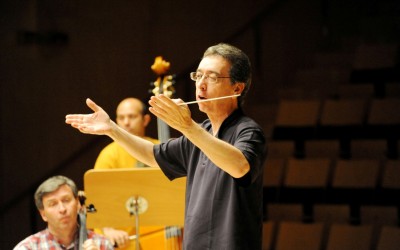
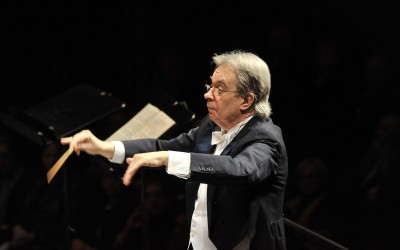
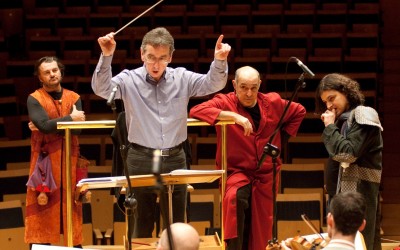
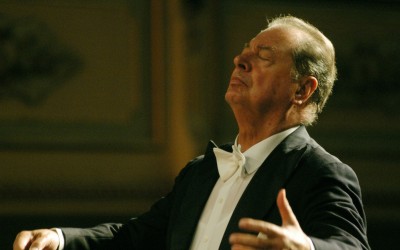
Me da gusto poder ver tu blog y la perspectiva de lo que ocurre detrás de la cortina. Quizás llegue a ser catártico para ti como lo son para otros artistas.
Gracias César por tu comentario, la verdad es que escribir algunas líneas sobre lo que rodea a cada obra que voy abordando me supone una liberación, expresar parte de lo que suele quedarse entre en silencio.